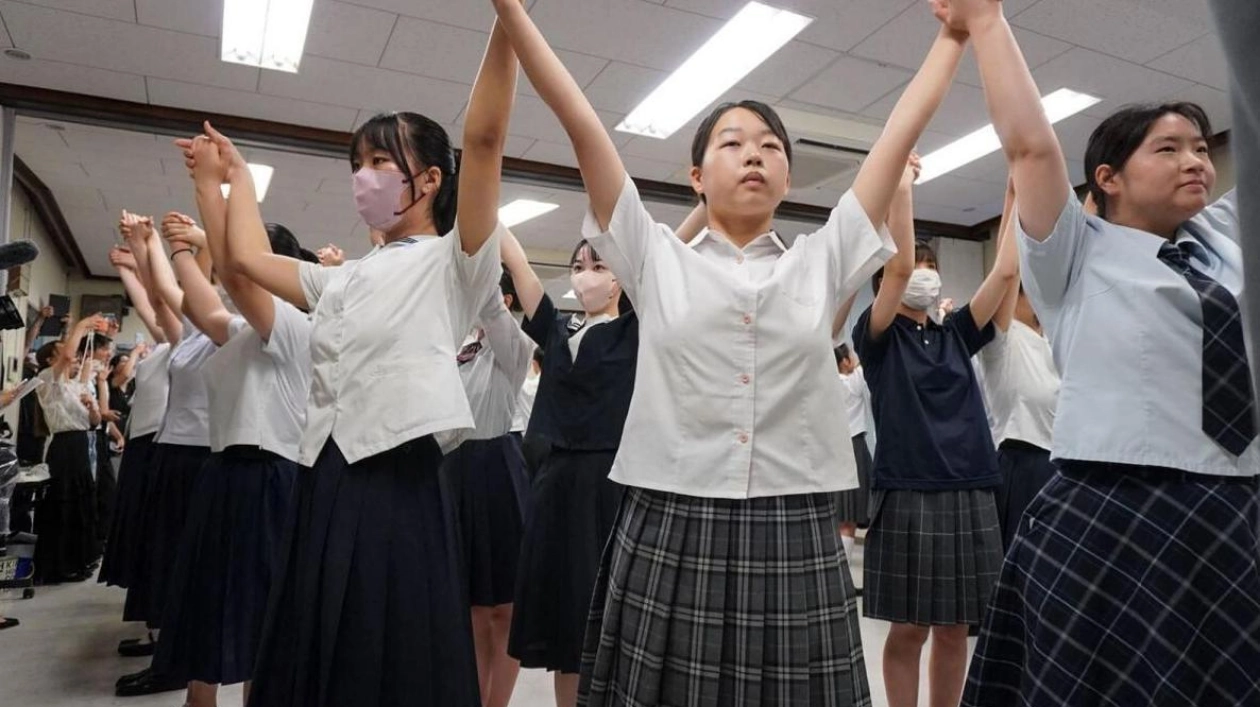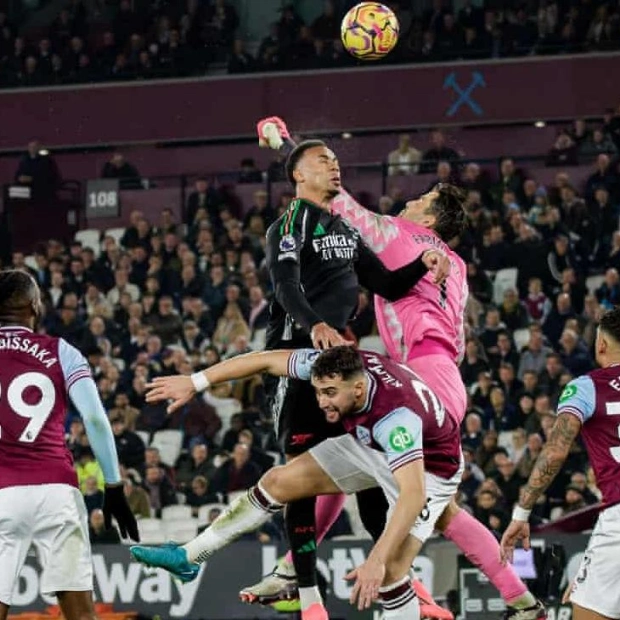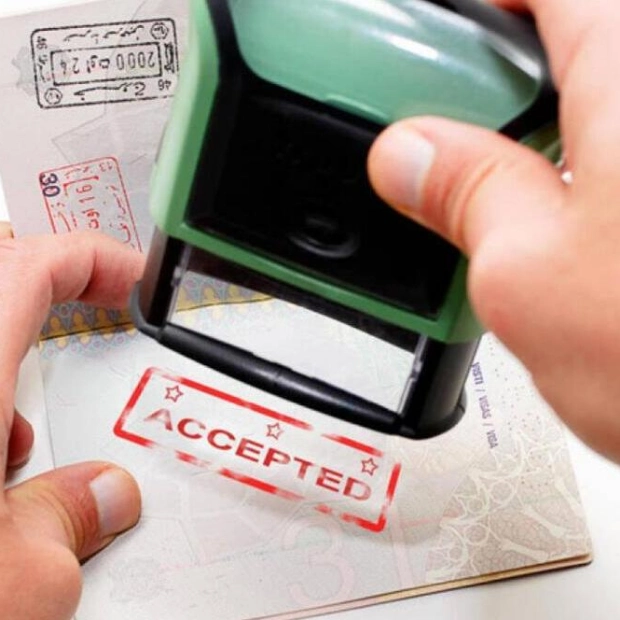Nagasaki's mayor, Shiro Suzuki, expressed his disappointment on Thursday over the US and British ambassadors' decision to skip the ceremony commemorating the 1945 atomic bombing due to Israel's exclusion. Suzuki defended the non-invitation of Israel to the annual event, emphasizing that the decision was made to prevent potential disruptions related to the Gaza conflict and was not politically motivated. "It is unfortunate that they have communicated to us that their ambassadors are not able to attend," Suzuki told reporters. "We made a comprehensive decision not for political reasons. We want to conduct a smooth ceremony in a peaceful and solemn environment."
On August 9, 1945, the United States dropped an atomic bomb on Nagasaki, resulting in the deaths of 74,000 people, including those who initially survived but later succumbed to radiation exposure. This bombing followed the first nuclear attack on Hiroshima three days earlier, which claimed 140,000 lives. Japan surrendered in World War II on August 15, 1945. Diplomats from the United States, Britain, France, Italy, and the European Union, along with Canada and Australia, are attending the ceremony at a lower level than ambassadors. Only the US and British embassies explicitly linked their absence to Nagasaki's decision to exclude Israel, although sources indicate Italy's absence is also related. The British embassy criticized the exclusion of Israel, equating it with the non-invitation of Russia and Belarus. A French embassy spokesperson described Suzuki's decision as "regrettable and questionable," while the German mission condemned the placement of Israel on the same level as Russia and Belarus. Gilad Cohen, Israel's ambassador, who attended a similar event in Hiroshima, argued that Nagasaki's decision sends a misguided message to the world.






